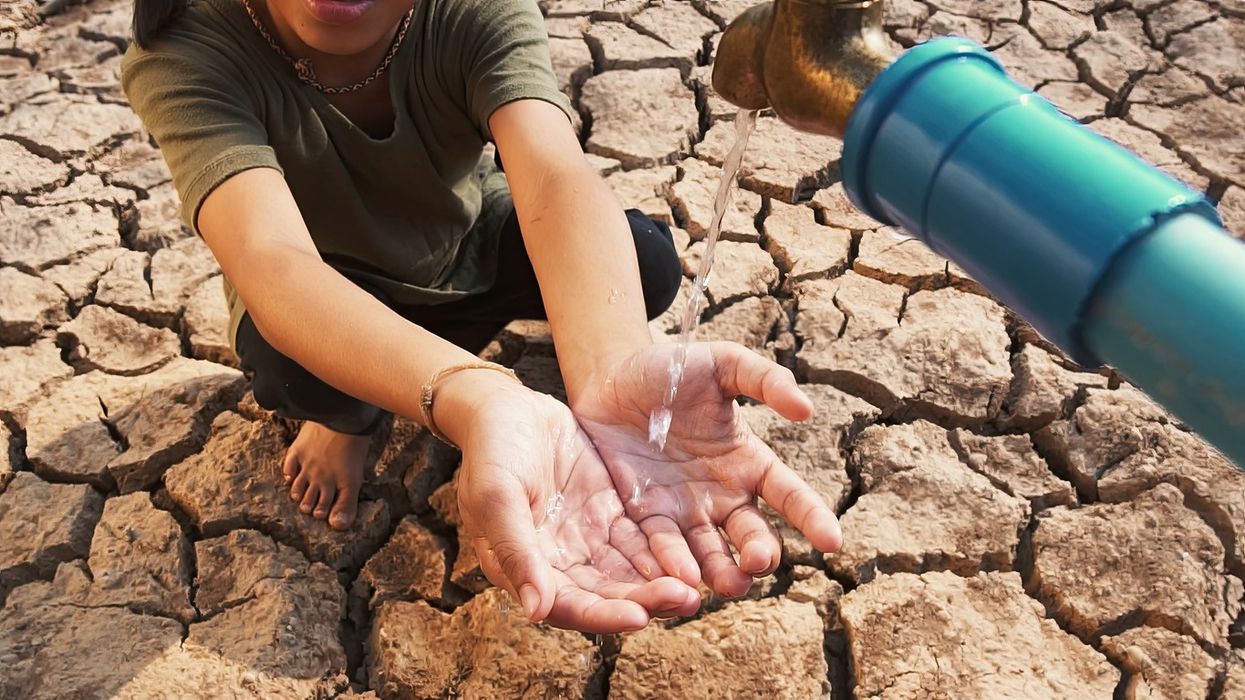AFTER five years of highly polarised debates, from the Brexit referendum to so-called “culture wars”, we may ironically at least have a consensus on one thing – our society is more divided
than any of us would like.
We can also, however, be more connected – to our neighbours and others in our community – than we sometimes tell ourselves. That, too, has been a lesson of the last year-and-a-half, dominated by Covid.
In a country in which three-quarters of people agree society feels as divided as it has ever been, levels of social consensus on foundational choices were often unprecedentedly broad.
So we began with a 95 per cent public consensus that the initial lockdown was regrettably necessary, despite its constraints on our everyday lives. Indeed, the government’s expert advisers appear to have considerably underestimated public stamina for adhering to the rules in their initial models.
The unprecedented furlough scheme enjoyed almost unanimous political and public support. And there is 95 per cent consensus again, on personal willingness to participate in the vaccination programme, as our most likely route back to normality.
There were legitimate fears this pandemic might provide the perfect conditions for conspiracy theories to flourish. So it is worth noting that efforts to spread misinformation largely lost this battle with the fast-expanding, pro-vaccine social norm. Two-thirds of people wanted the vaccine before Christmas, but that has risen sharply.
Kings College research shows that eight out of 10 people who were unsure had the jab when it was offered – along with over half of those who had said they would definitely refuse. This did not happen by chance. Much hard work in communications and practical outreach went into closing gaps in take-up for ethnic and faith minorities, and across social classes and the generations. Self-interest mattered.
Older people, in particular, can significantly reduce the chances of becoming seriously ill by getting vaccinated. Yet the surge in young people now coming forward will often help to protect others, as well as participating in a social effort that could get their own lives back on track.
There is an important broader lesson – the power of being invited. Promoting a general pro-vaccine social norm mattered: the sense that ‘people like me’ are taking part can be among the most powerful, persuasive messages. The direct offer of an appointment did much to convert those who were hesitant.
The power of being invited could prove of practical value to efforts to build more social connection beyond Covid too. A timely new book, Fractured by Jon Yates, challenges us not only to think about why our societies feel divided, but also the practical actions we can take to strengthen what we share.
Yates’ argument is that we need to recognise the natural pull of the ‘people like us’ syndrome –that birds of a feather will tend to flock together –and find practical ways to counter this, so we develop what he calls ‘a common life’.
Yates grapples with the dilemma that many of us may see bridging social divides as desirable, but also too big a task for anybody to make a difference on their own.
So how do we turn this aspiration into something to which we can all contribute? There are different rungs in a ladder of engagement. The major Talk Together research into social connection identified one in 10 people as ‘creators’ or ‘conversationalists’, who might proactively lead neighbourhood efforts.
Another quarter of us are ‘joiners’, not likely to initiate a street party, but keen to take part once somebody does. A third of us are ‘spectators’, who might also join in once most people seem to be doing so. But 30 per cent of people are more isolated – unlikely to take part in neighbourhood activities without proactive encouragement and support.
The research captures the broad, mobilisable appetite to participate in more things that bring people together, as well as challenges for how to get the invitation right.
Meeting that public appetite to connect is the spirit animating a national Thank You Day, which takes place on Sunday (4) – where everybody is invited to thank those who have helped them through this year.
Coordinated by the Together coalition, this builds on the first Thank You Day held on the NHS’ birthday last year.
Such one-off moments would not be enough to drive social connection on their own. But they provide a valuable, tangible focal point for the commitments made across civic society to work to make this a ‘Decade of Reconnection’.
Civic institutions that aspire to bridge social divides often need to develop more confidence and practical experience with relationships across social class, geographic or ethnic lines. Moments like a Thank You Day can offer one important opportunity to start to turn theory into practice.
If we want to heal the divisions in our society, there is power in making sure that everybody is invited to play their part.



















 His Highness Prince Rahim Aga Khan V
His Highness Prince Rahim Aga Khan V

Power of ‘being invited’ can help bridge divides in society